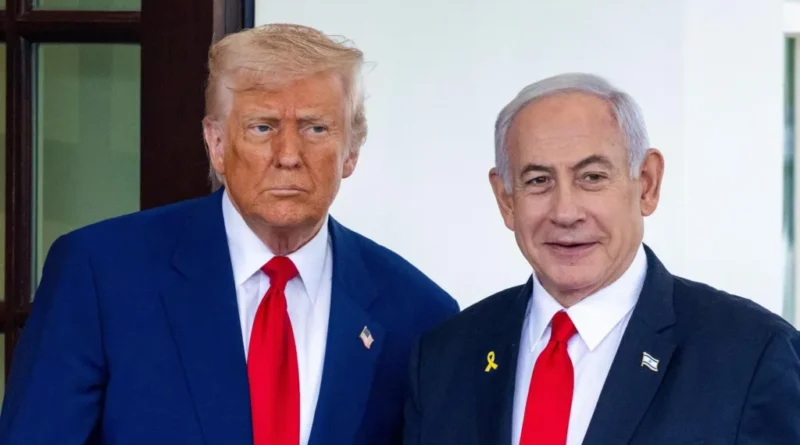US Shrugs Off Gaza Escalation: Widening Rift with Allies
US Shrugs Off Gaza Escalation as Israel Moves Forward
Israeli Prime Minister Benjamin Netanyahu’s recent announcement about taking control of the Gaza Strip marks a significant escalation, defying international warnings. Yet, the US response has been strikingly indifferent—a shift that highlights Washington’s growing detachment from its traditional allies.
President Donald Trump set the tone when he stated that Israel’s actions in Gaza were “pretty much up to them.” When pressed on whether this amounted to a “green light,” Trump sidestepped the question, instead recalling US strikes on Iran earlier this year. Even more revealing was the blunt response from US Ambassador to Israel Mike Huckabee, who emphasized that Netanyahu’s plans were Israel’s own affair:
“It’s not our job to tell them what they should or should not do. If they seek advice, the president may offer it, but ultimately, the decision lies solely with Israel.”
Netanyahu’s Gaza Strategy Faces Internal and External Pushback
Netanyahu’s proposal to assert full control over Gaza has met resistance, including from Israel’s own military leadership. Chief of Staff Lt. Gen. Eyal Zamir reportedly opposed a full-scale occupation, leading to a moderated announcement from Israel’s security cabinet. Instead of an outright takeover, the focus shifted to “preparing for control of Gaza City.” However, the broader goal remains clear: ensuring “Israeli security control in the Gaza Strip.”
Experts suggest this move was long in the making. “Netanyahu always intended to take over Gaza—he was just waiting for the right moment,” said Amin Saikal, a Middle East scholar at the Australian National University. While Netanyahu claims Israel doesn’t seek permanent occupation but rather to transfer control to “Arab forces,” the ambiguity raises concerns about Gaza’s future.
A Stark Shift in US Policy
The Trump administration’s muted reaction contrasts sharply with its past stance. Earlier this year, Trump proposed ambitious plans for Gaza’s reconstruction, even suggesting relocating Palestinians. The US also pressured Israel to adhere to ceasefires, particularly after clashes with Iran.
Yet now, Washington appears to be stepping back. Reports indicate frustration with Israel’s aggressive strikes in Syria, with one White House official privately criticizing Netanyahu’s actions as reckless. Despite earlier efforts to broker a Gaza ceasefire—led by Trump envoy Steve Witkoff—talks collapsed, with Trump blaming Hamas for acting in “bad faith.”
Global Allies Diverge as US Stays Silent
While the US remains passive, key allies like France, the UK, and Canada have taken steps toward recognizing a Palestinian state—a move meant to pressure Israel into de-escalation. This growing divide underscores a broader reality: the US and its allies are drifting apart on Middle East policy.
“Netanyahu wouldn’t make this move without at least tacit US support,” noted Saikal. But Trump’s hands-off approach risks emboldening further military action, making a negotiated peace increasingly unlikely.
What Comes Next?
With the US unwilling to intervene, Israel may proceed with deeper incursions into Gaza, a path that could prove irreversible. Meanwhile, the international community watches uneasily as diplomatic solutions fade.
As tensions rise, one thing is clear: the US shrugging off Gaza’s escalation isn’t just a policy shift—it’s a signal of America’s waning influence in a conflict that demands global cooperation.
Go To Main Page

